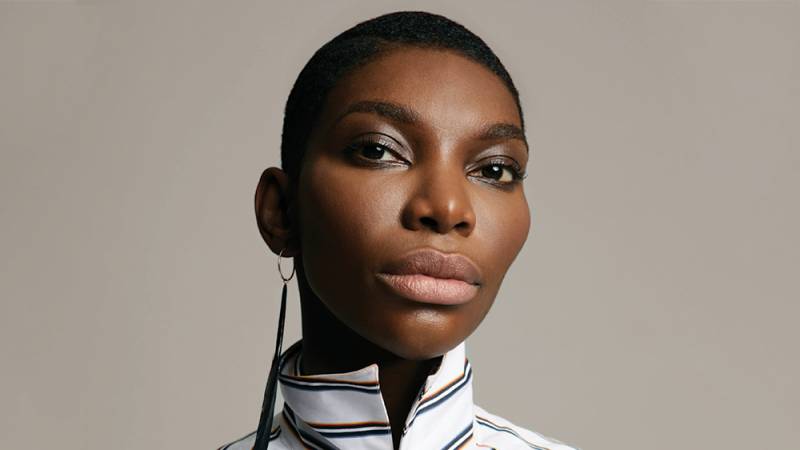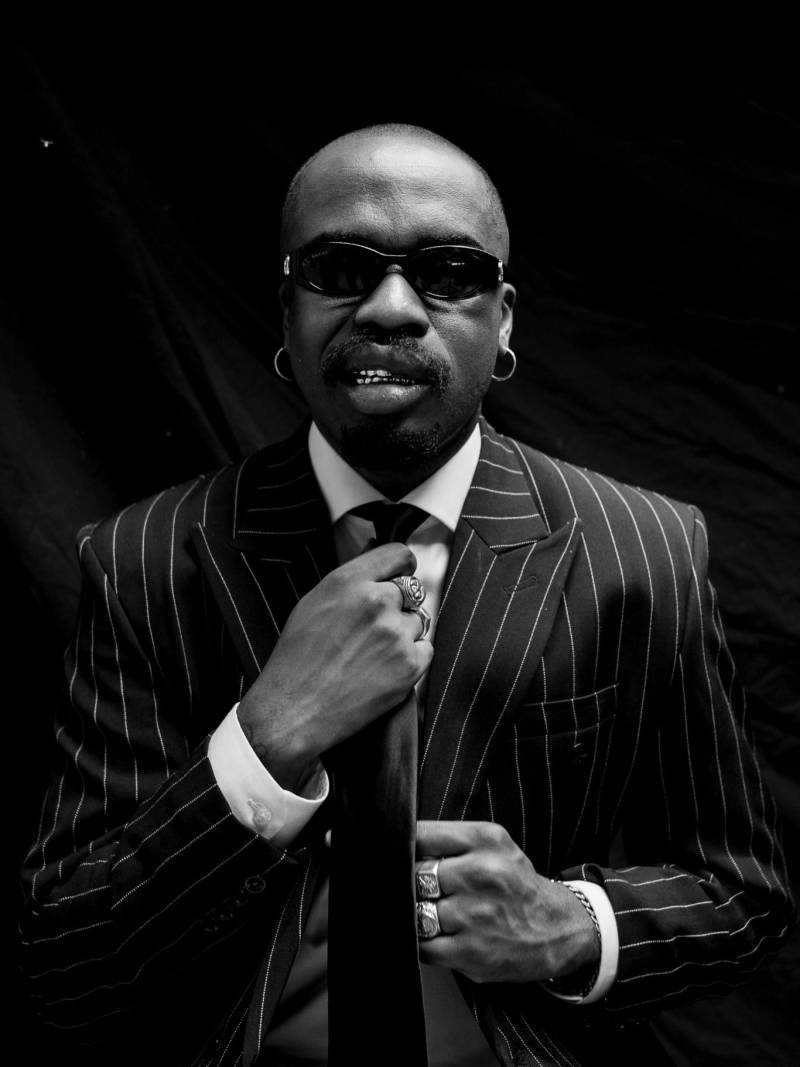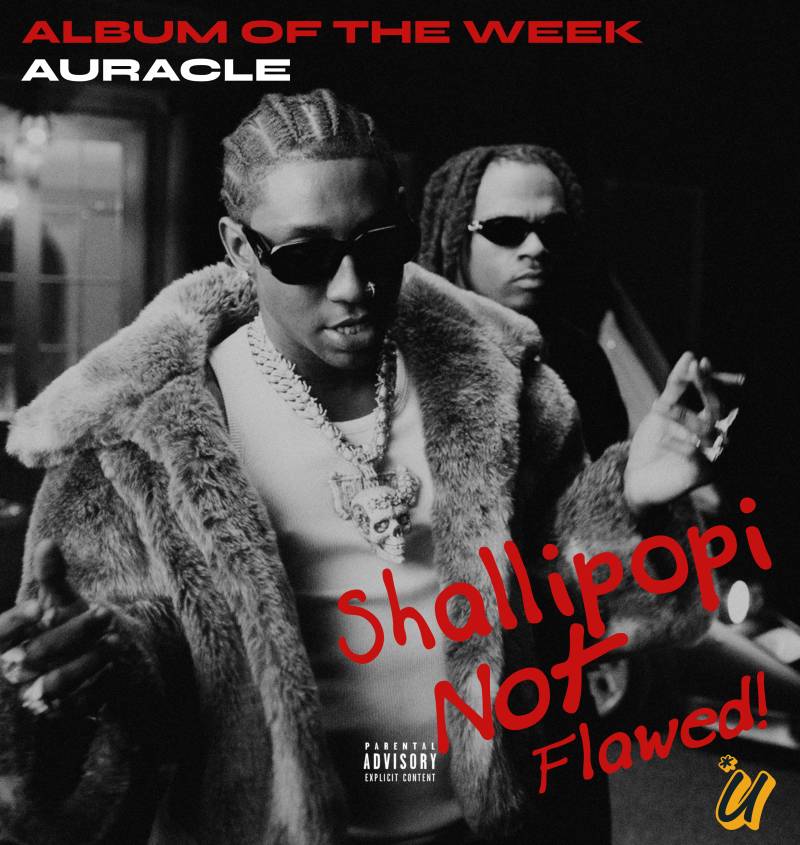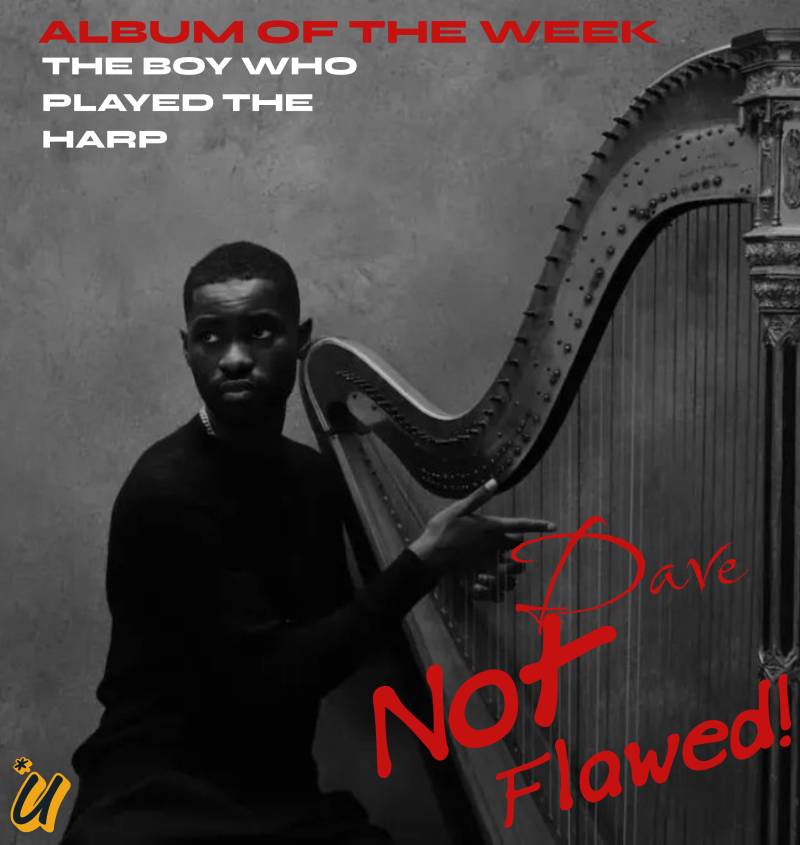Our TV, as we love to remind ourselves and the rest of the world, is unique and uniquely British. Last month, the now former media minister John Whittingdale suggested that Britain’s public service broadcasters – BBC, ITV, Channel 4 and Channel 5 – could in future be legally required to produce what he described as “distinctively British” programmes. Whittingdale cited Only Fools and Horses, Downton Abbey, The Great British Bake Off, Doctor Who, The Bodyguard and Fleabag as examples of the sort of programmes that would pass his test.
This raises lots of questions. First, if “Britishness” were to be legally mandated, who gets to define and measure it and by what criteria? Are shows such as Idris Elba’s Luther, Michaela Coel’s I May Destroy You and Steve McQueen’s Small Axe films, which explore the stories of black Britons – real and fictional – not also “distinctively British”?
The deeper question, however, is whether the UK television industry is capable of producing programmes that reflect Britishness in all its diversity – socioeconomic, regional, gender, sexual, generational and ethnic. The reasons to worry in this regard is because behind the scenes and behind the camera, television has long struggled to build a workforce that resembles the nation it seeks to reflect.
Because TV companies have focused on entry-level recruitment, there still isn’t enough diverse talent in senior roles
Those failures and their continuing impact is captured in a report published last week by Ofcom, the industry regulator. Conducted over five years, it concludes that, despite progress having been made in some areas, most of the old problems, familiar to anyone who knows the industry, remain. Women are more likely to be leaving television than joining it. Disabled people are represented at nowhere near their population level of 19%. And while people of colour and other minorities are being recruited in increasing numbers, they remain clustered in junior positions and under-represented at senior, decision-making levels.
Because TV companies “have focused on entry-level recruitment, there still isn’t enough diverse talent in senior roles”, noted Ofcom’s director of broadcasting policy, Vikki Cook. With reference to race and class, she appealed for broadcasters, and the production companies who make many of their programs, to “slow the revolving door and focus on retaining and progressing talented people from all walks of life”.
People walk past BBCs New Broadcasting House office in central London
Diversity in top media jobs is ‘woeful’, says Ofcom
Read more
The picture Ofcom paints is of an industry in which the power to select which programmes get made and how lies with senior managers and producers who are overwhelmingly middle class, able-bodied, white and very often male. A picture little different to the one I attempted to describe last August when I gave the annual MacTaggart lecture at the Edinburgh television festival. I spoke then of my experiences in TV and those of people of colour I have known who left the industry, frustrated at the lack of opportunity for advancement and a culture unwilling to listen to their voices and their perspectives.
What is most depressing about this report is how familiar it all is. Previous reports from previous decades say much the same thing. This, in part, I suspect is because the industry has failed to fully accept that the status quo is abnormal. All-white production teams based in London, a city with a workforce that is 36% minority ethnic, only seem acceptable because culturally we have normalised what is abnormal.
For decades, the industry’s focus was on schemes that helped people of colour walk through the industry’s doors but offered no assistance to enable them to rise within its ranks. The Ofcom report describes the industry’s record on promoting people from diverse backgrounds as “woeful”.
Many people in TV are seemingly comfortable with young black people in junior positions but uncomfortable with older, black people in senior roles. I have heard it suggested that the industry’s diversity problems could be resolved by increasing youth representation, both on and off screen. Solve the youth problem and you solve the diversity problem, goes this argument, as if blackness and youthfulness were the same thing, which, as my creaking joints can attest, they are not.
Similar cultural barriers limit the industry’s attempts to change its socioeconomic makeup and throughout my career I have seen how women are often channelled towards administrative rather than creative roles.
Trapped in the world of its own making, the failures of the past, delaying changes needed in the present, the industry is discovering that its growing determination to be more inclusive is itself not enough to bring about needed change.
At its best, television can enable us to recognise and empathise with one another across divides of class and community
What makes Ofcom’s findings even more unsurprising to me is that after my MacTaggart lecture I learned that the experiences I had observed and experienced in my career were even more common than I had realised. In the days after the lecture I was sent emails and social media messages by dozens of people of colour for whom this Ofcom report contains little they had not learned from first-hand experience.
This year’s MacTaggart lecturer, the screenwriter Jack Thorne, gave an impassioned speech about TV’s equally stark failure to include the voices and build the careers of disabled people. My guess would be that after his lecture he too will have received a similar flurry of messages from people whose experiences resonated with his distressing account of a mindset often incapable of recognising the talents of people with disabilities.
Changing the dial on diversity, in all its forms, matters in every industry but television is special and especially important. Even in the age of streaming services, few things are as shared in the UK as TV. It still has an almost magical capacity to bring the nation together for moments of shared, cultural togetherness.
At its best, it can enable us to recognise and empathise with one another across divides of class and community. Yet who gets to make television has never been similarly shared, nor open to all those with talents to hone and stories to tell.
Until that is resolved, programmes that might pass a politician’s “distinctively British” test risk still being British in only a narrow sense, unable to represent the full scope of Britishness as it really is in the 21st century.
David Olusoga is a historian and broadcaster




